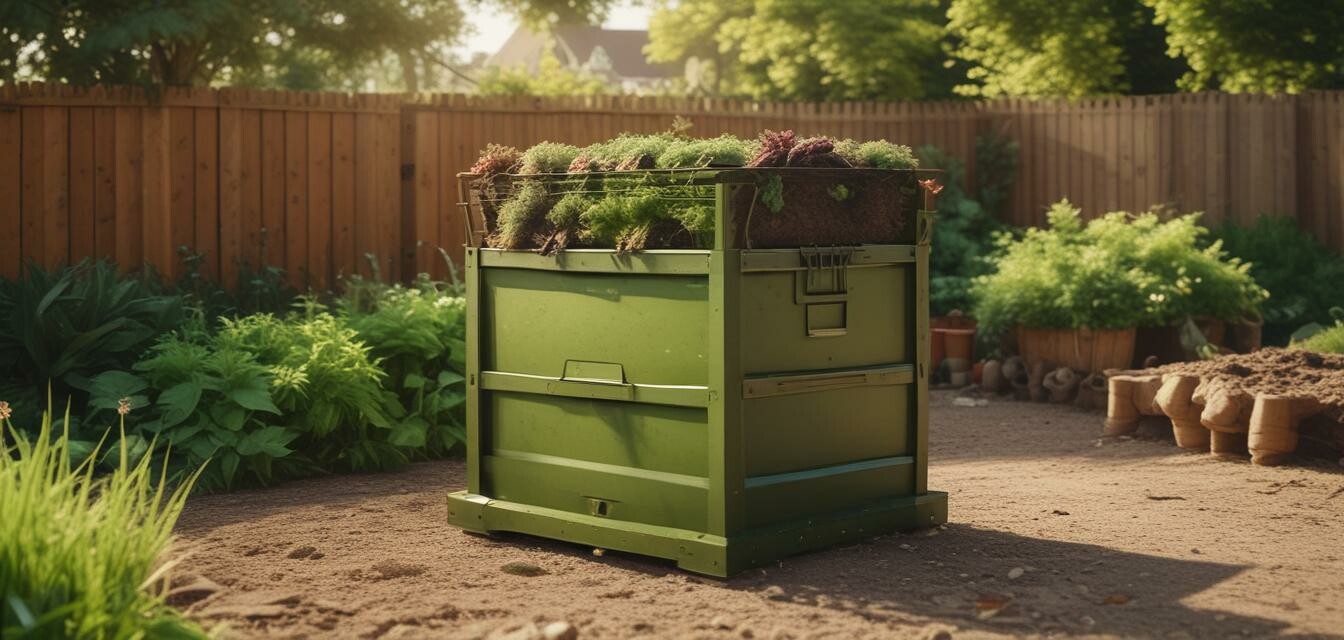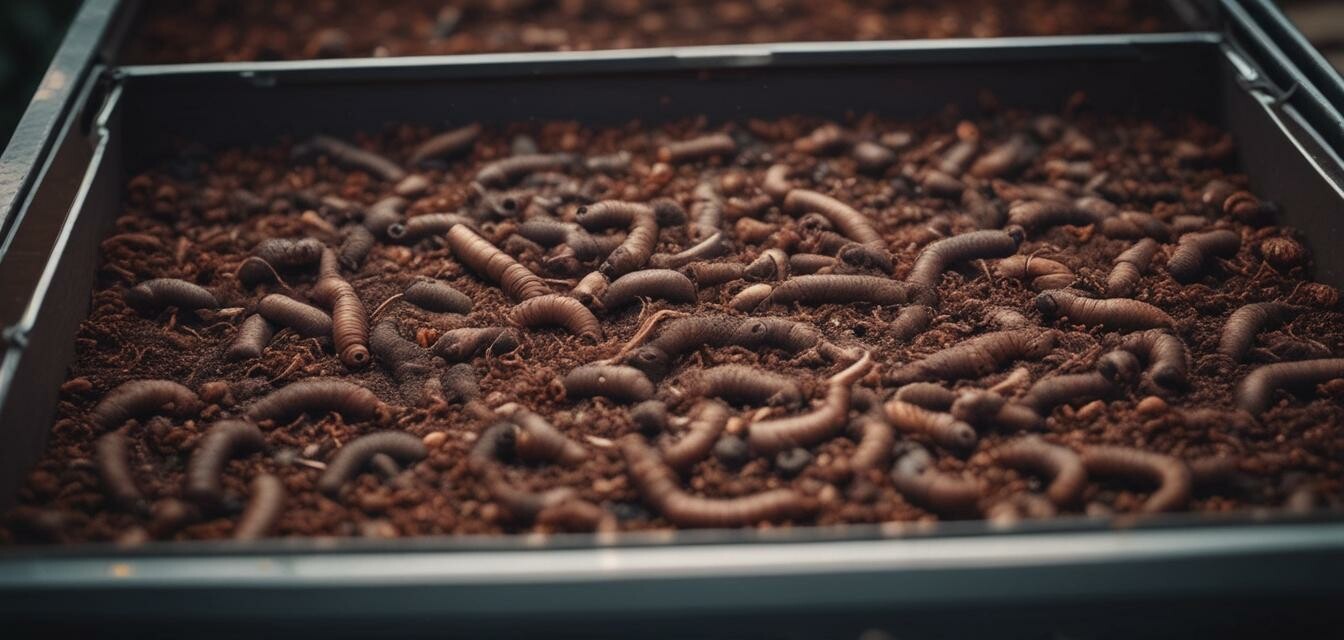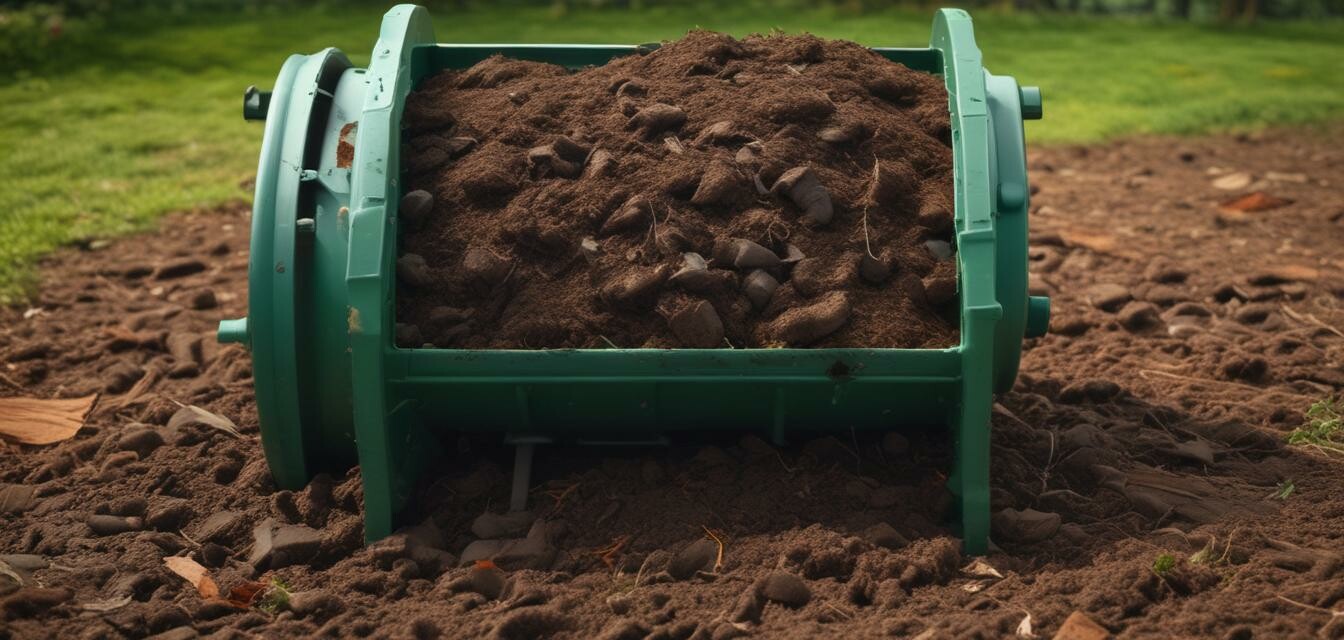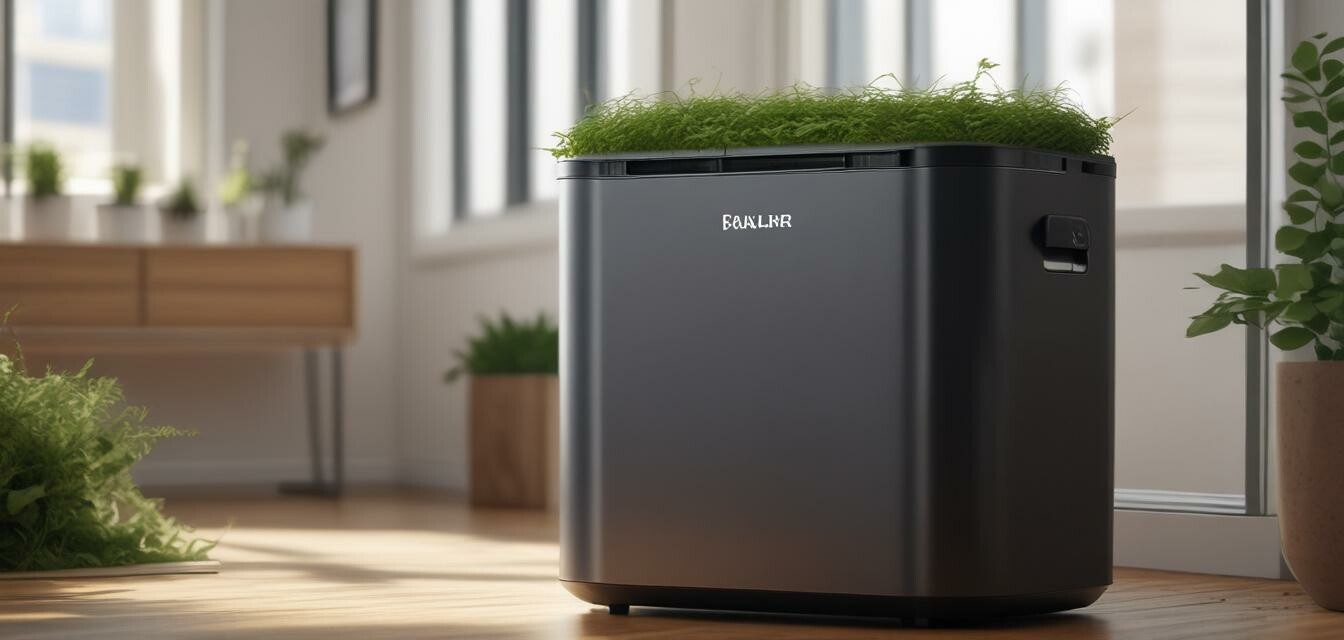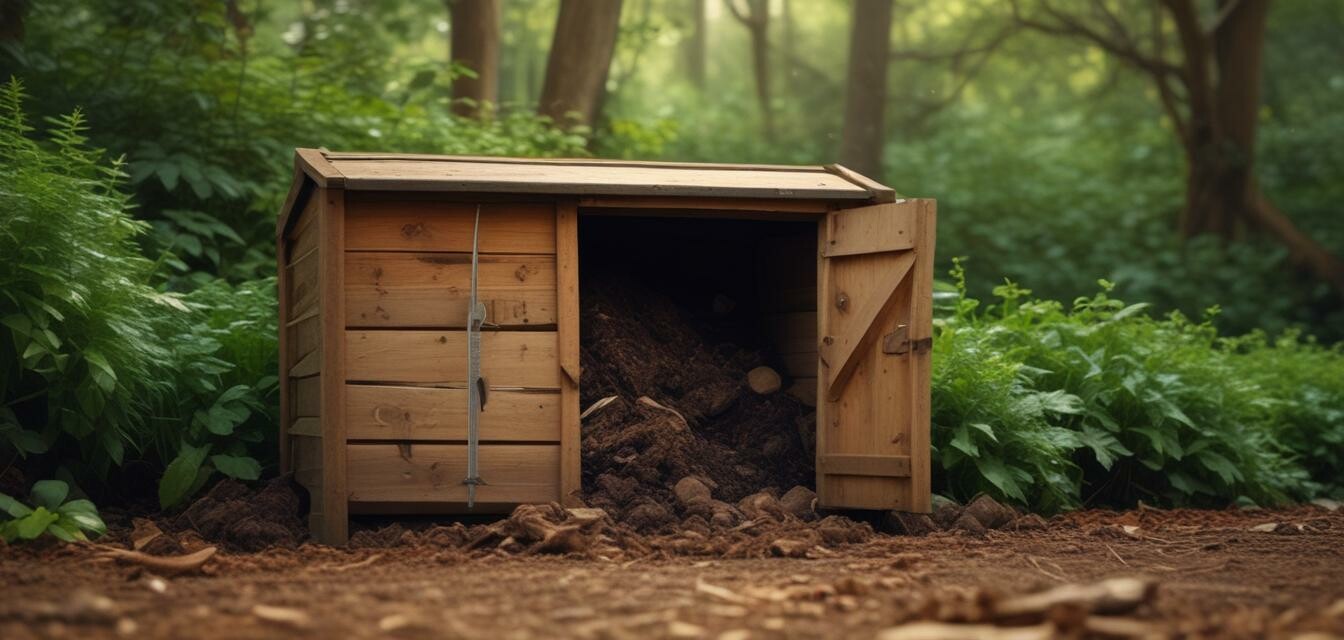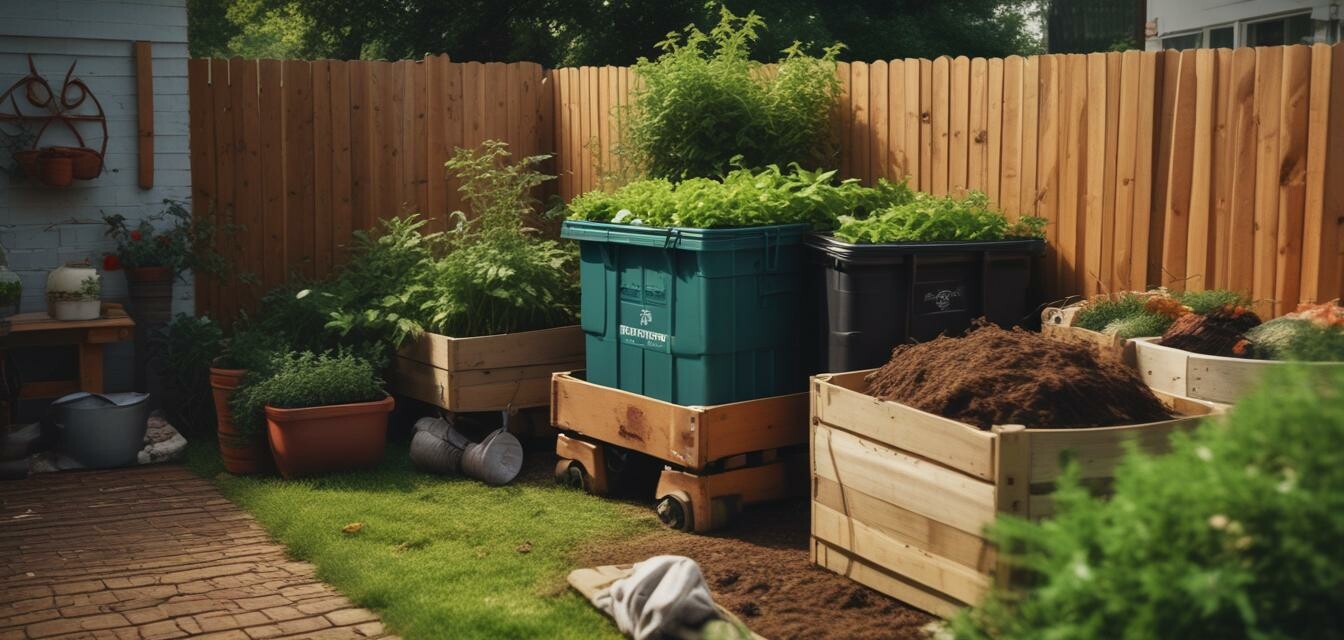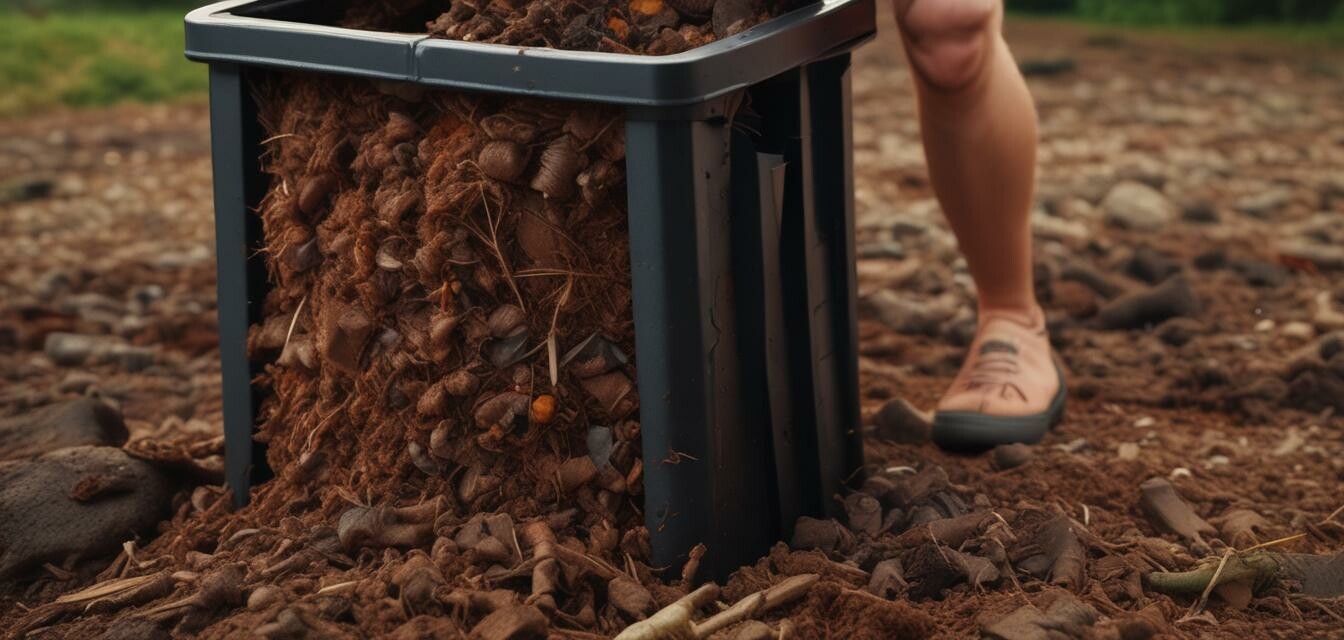
Odor Management: Strategies and Products for a Fresh Composting Experience
Effective odor management is crucial for a successful composting experience. Strong smells can be a turn-off for many, making it essential to explore strategies and products that can help minimize odors and keep your composting area fresh.
Key Takeaways
- Regular aeration and mixing of compost piles can reduce odors
- Using odor-controlling products like bokashi bran or zeolite can absorb smells
- Implementing a balanced carbon-to-nitrogen ratio in compost piles can minimize odors
- Smart composters with built-in odor management features can make a significant difference
Understanding Composting Odors
Composting odors arise from the decomposition process, where microorganisms break down organic matter. Anaerobic conditions, high nitrogen levels, and poor aeration can exacerbate odors. To manage odors effectively, it's essential to understand the root causes and implement strategies to mitigate them.
Strategies for Odor Management
| Strategy | Description | Effectiveness |
|---|---|---|
| Regular Aeration | Turning and mixing compost piles regularly to introduce oxygen | High |
| Balanced Carbon-to-Nitrogen Ratio | Maintaining a balanced ratio of "green" (nitrogen-rich) and "brown" (carbon-rich) materials | Moderate |
| Odor-Controlling Products | Using products like bokashi bran, zeolite, or baking soda to absorb smells | High |
Odor-Controlling Products
In addition to strategies, using odor-controlling products can be an effective way to minimize smells. These products work by absorbing or neutralizing odors, making them a valuable addition to your composting routine.
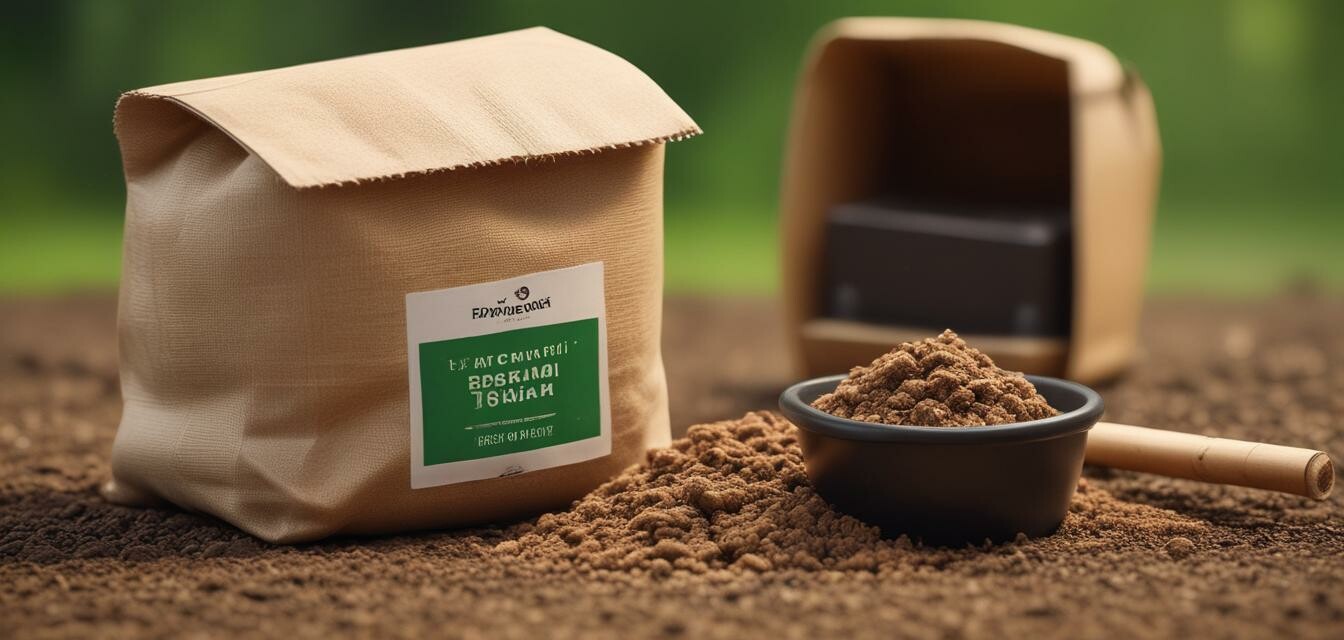
For example, bokashi bran is a popular product that uses microorganisms to break down organic matter, reducing odors in the process. Similarly, zeolite is a natural mineral that can absorb and neutralize smells.
Smart Composters with Odor Management Features
Some smart composters come equipped with built-in odor management features, such as filters or ventilation systems. These features can make a significant difference in minimizing odors and keeping your composting area fresh.
Explore our range of smart composters with odor management featuresAdditional Tips for Odor Management
Beginners Section
- Add a 1-2 inch layer of finished compost or topsoil to your compost pile to help absorb odors
- Keep your composting area clean and tidy to reduce the presence of pests that can contribute to odors
- Consider composting in a well-ventilated area or using a compost tumbler to improve aeration
Pros of Effective Odor Management
- Reduced nuisance odors that can disturb neighbors or family members
- Improved overall composting experience
- Increased confidence in composting activities
Cons of Ineffective Odor Management
- Persistent and unpleasant odors
- Potential for pests and rodents to be attracted to the composting area
- Negative impact on the overall composting experience

By implementing these strategies and using odor-controlling products, you can minimize odors and create a more enjoyable composting experience. Remember to always maintain a balanced carbon-to-nitrogen ratio, aerate your compost piles regularly, and consider using smart composters with built-in odor management features.
Explore our range of compost tumblers for improved aeration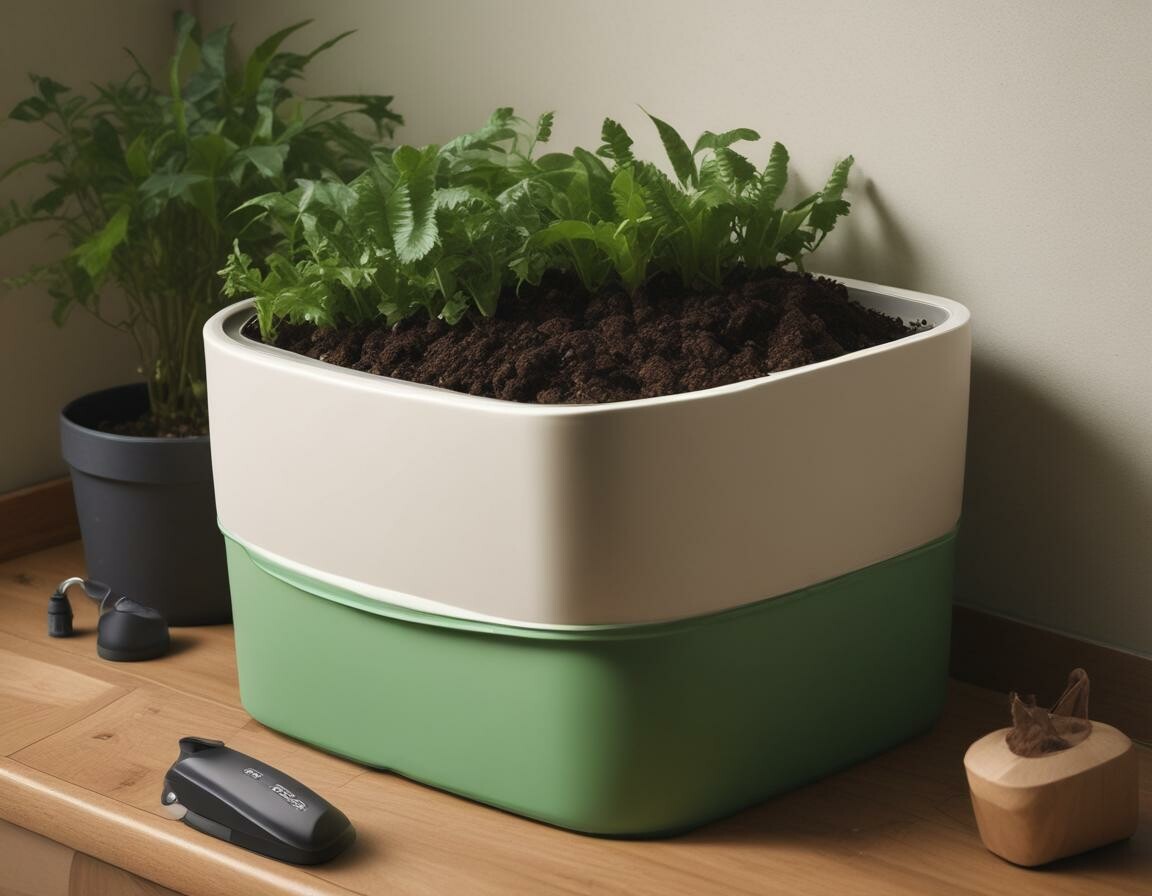
Whether you're a seasoned composter or just starting out, effective odor management is crucial for a successful composting experience. By following these tips and strategies, you can reduce odors and create a more enjoyable and rewarding composting experience.
Explore our range of worm composting bins for odor-free composting